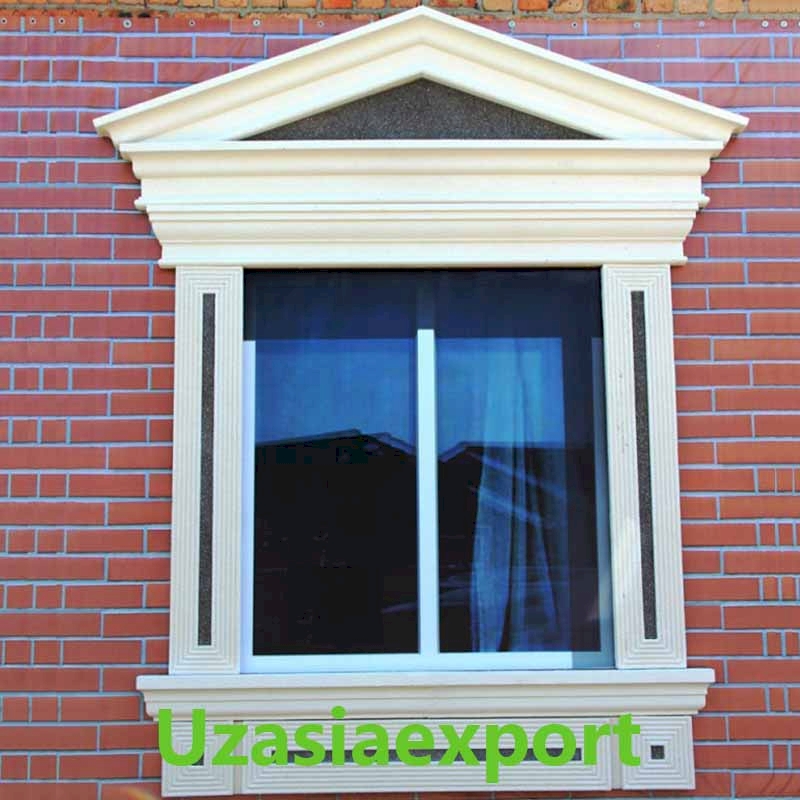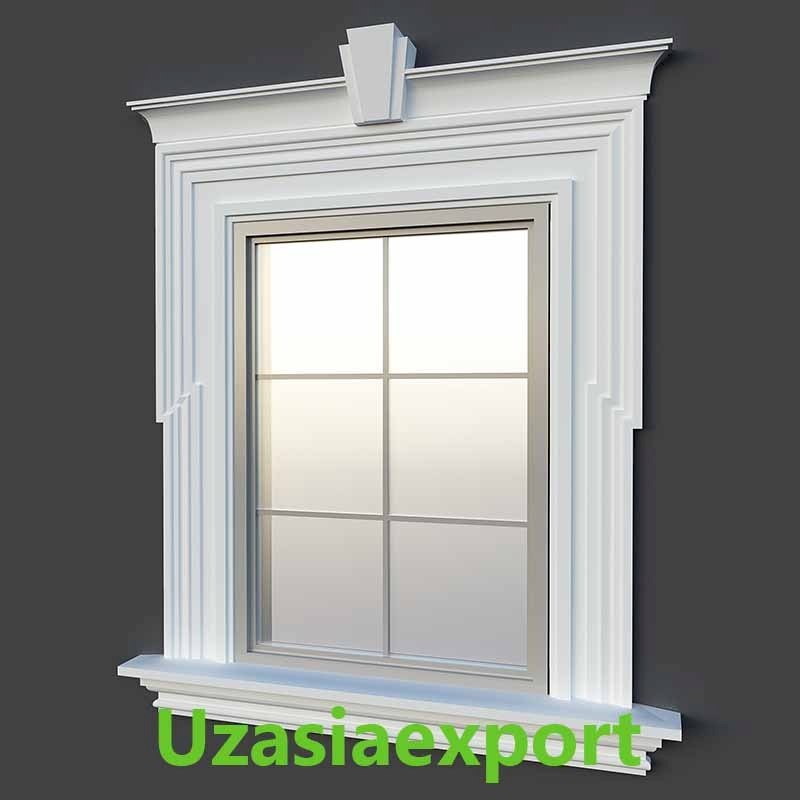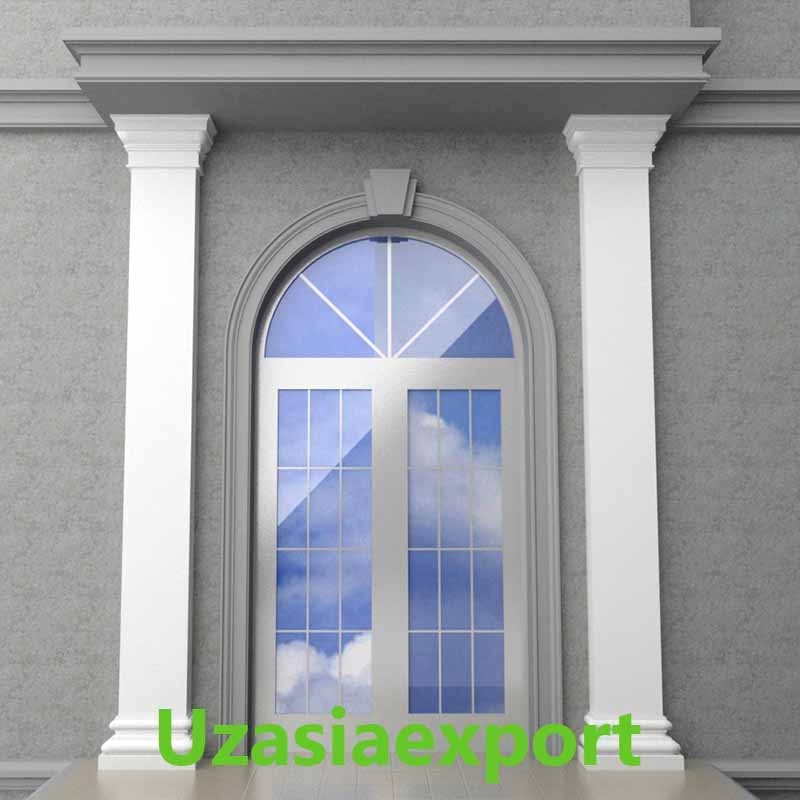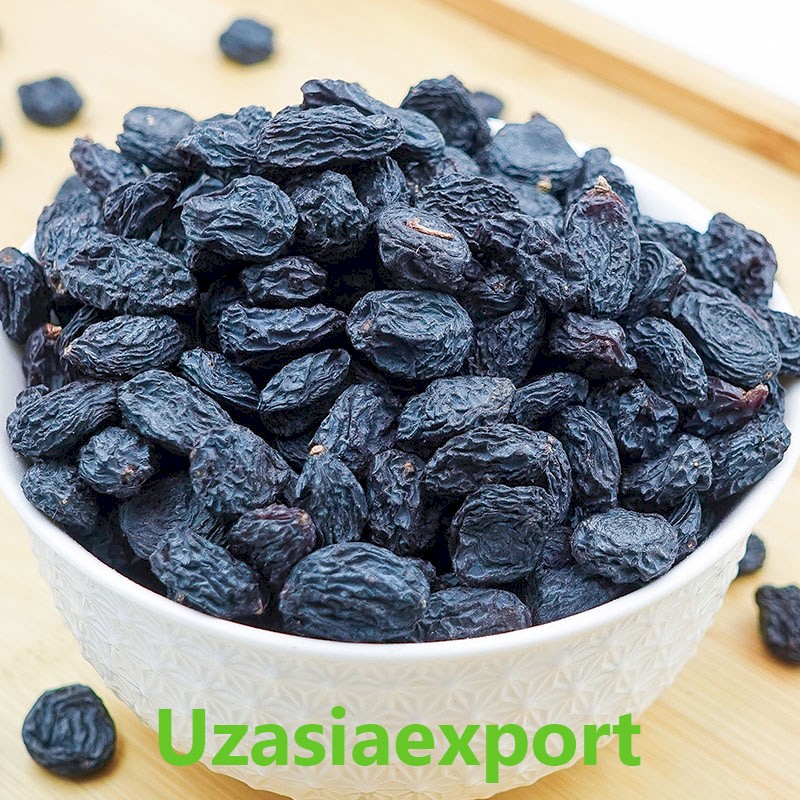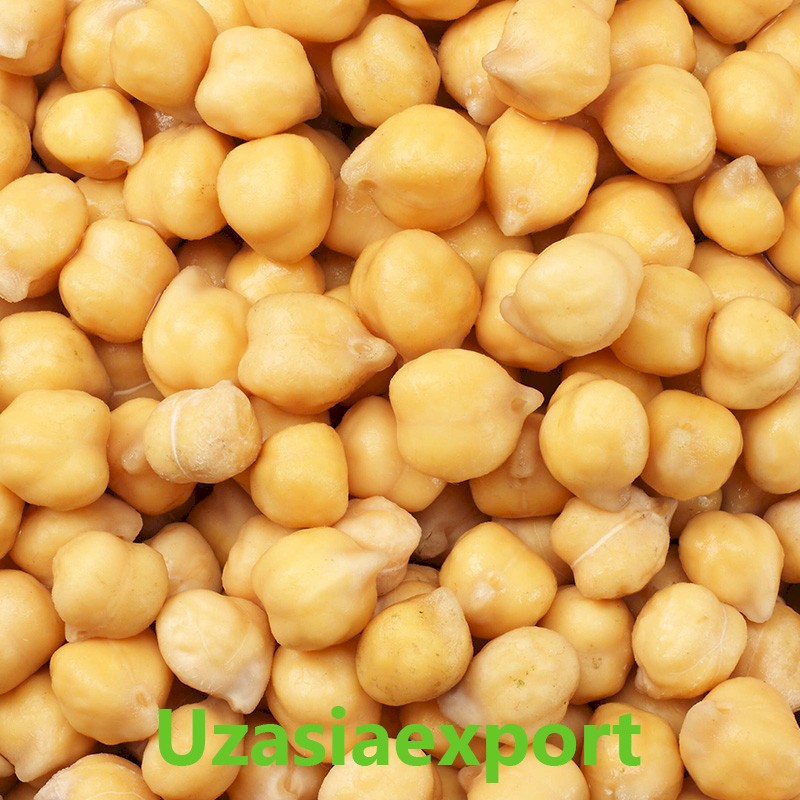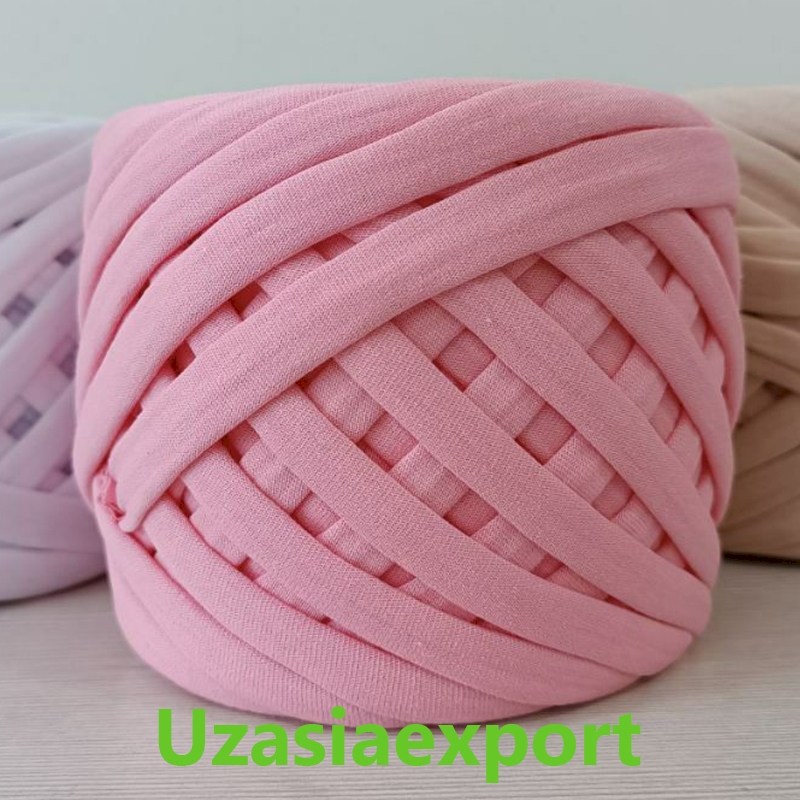1. Material Types
- Aluminum: Lightweight and durable, aluminum frames are resistant to corrosion and can be finished in various colors. They offer excellent structural integrity and are often used in modern buildings.
- Wood: Known for its natural beauty, wood frames provide good insulation and can be customized in various styles. However, they require more maintenance to prevent weather damage.
- Vinyl: Low maintenance and energy-efficient, vinyl frames are available in multiple colors and styles. They offer good thermal performance but may have limitations in terms of structural strength compared to aluminum.
- Fiberglass: Highly durable and energy-efficient, fiberglass frames are resistant to warping and rotting. They can be painted and offer excellent insulation.
2. Design and Aesthetics
- Profile Shapes: Frames come in various profile shapes, from sleek and minimalistic to more traditional designs. The profile impacts both the aesthetics and the amount of visible glass.
- Finishes: Frames can be anodized, painted, or clad in other materials to enhance appearance and weather resistance. Custom finishes can be applied to match architectural styles.
- Mullions and Transoms: These vertical and horizontal framing elements add character and division to large window sections, allowing for creative design options.
3. Functionality
- Structural Support: The frame must support the weight of the glass and withstand environmental stresses like wind and seismic activity.
- Thermal Performance: Frames can significantly affect the overall energy efficiency of windows. Insulated frames reduce thermal bridging and improve energy savings.
- Water Management: Effective drainage systems within the frame design help prevent water infiltration and damage, crucial for maintaining building integrity.



